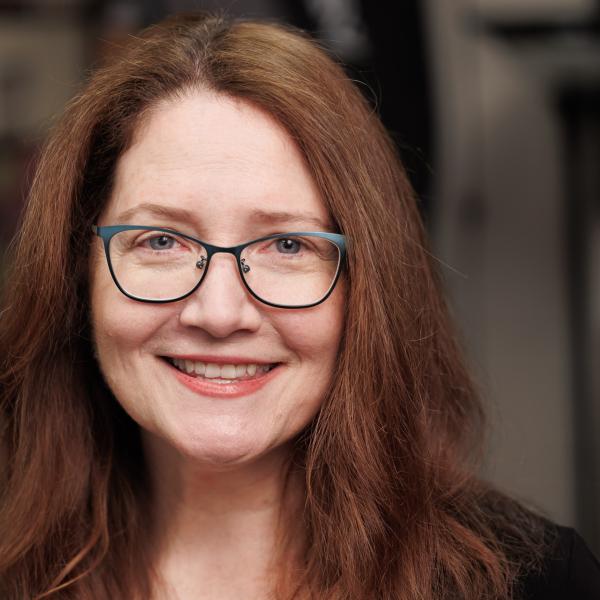
Assistant Professor, Media and Communication
Do you have any examples of student success stories that stand out to you?
Our media and communication curriculum offers a unique advantage in that students aren't confined to a single niche from the start. Unlike larger institutions where students might focus solely on journalism, photography or video editing, at DelVal, they have the opportunity to explore various areas which allows them to find what they love. One student, Li, exemplifies this. She immersed herself in diverse experiences and now holds a position as a social media manager at a law firm where she also gets to use her skills in photography and writing press releases for them.
What are the characteristics of a successful student at DelVal?
I believe successful students at DelVal possess curiosity and the ability to see beyond the classroom in an assignment. What I mean by that is, when they’re crafting a story, producing a video, or working on a podcast, they’re trying to do their best for them and not just for a grade. They know that whatever they create is going to be reflective of them. I also think our best students are risk takers and they’re not afraid to make mistakes.
What brings you the most satisfaction in your job?
In our industry, we don’t do a lot of things for money. We create images or videos, or write stories and do interviews because it’s what we are really interested in or because we want to tell someone else’s story. And this industry will reward the best work with different awards. So I look forward to my students getting that recognition for putting their imprint on something, whether they use humor to write, or put their own personality, or their own emotion into a story and they do it the right way. Then they get invited to a nice event and a nice dinner, a plaque, and recognition amongst their peers. Also, at DelVal we provide a lot of great opportunities for our students which brings me a lot of joy for them.
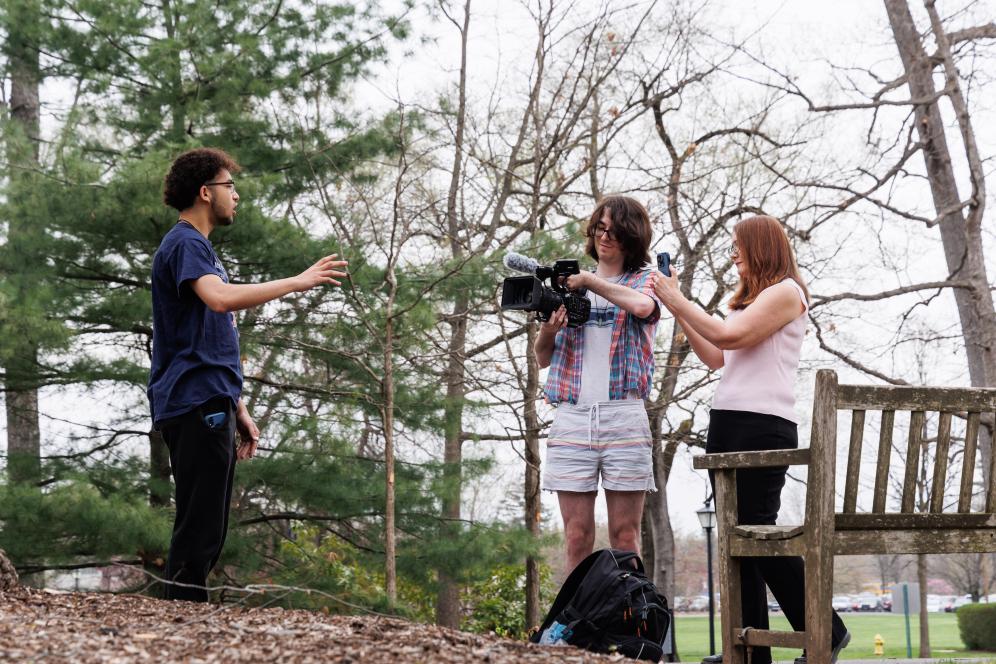
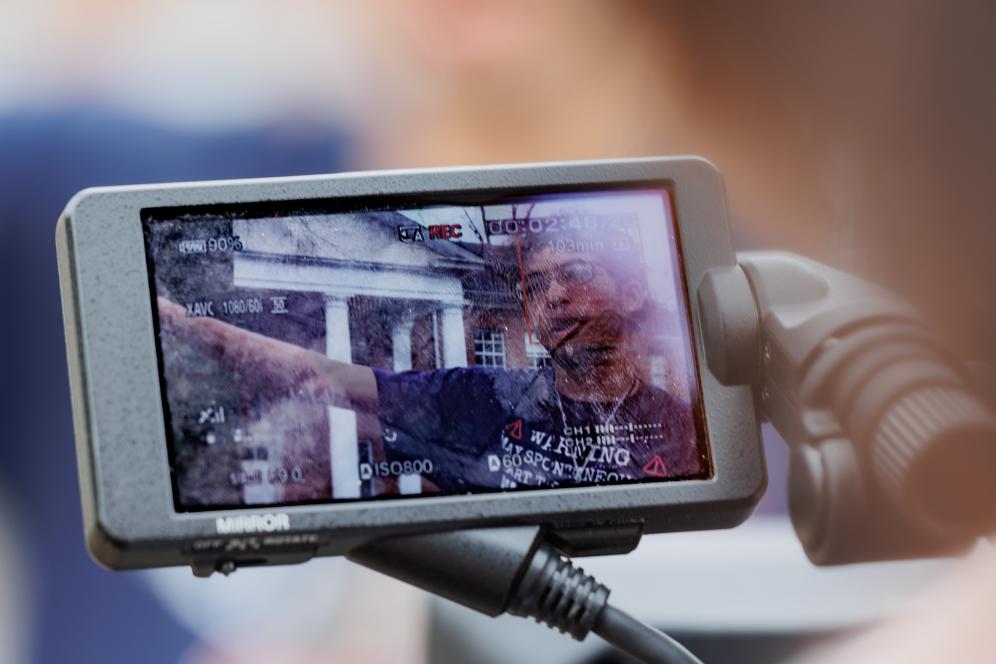
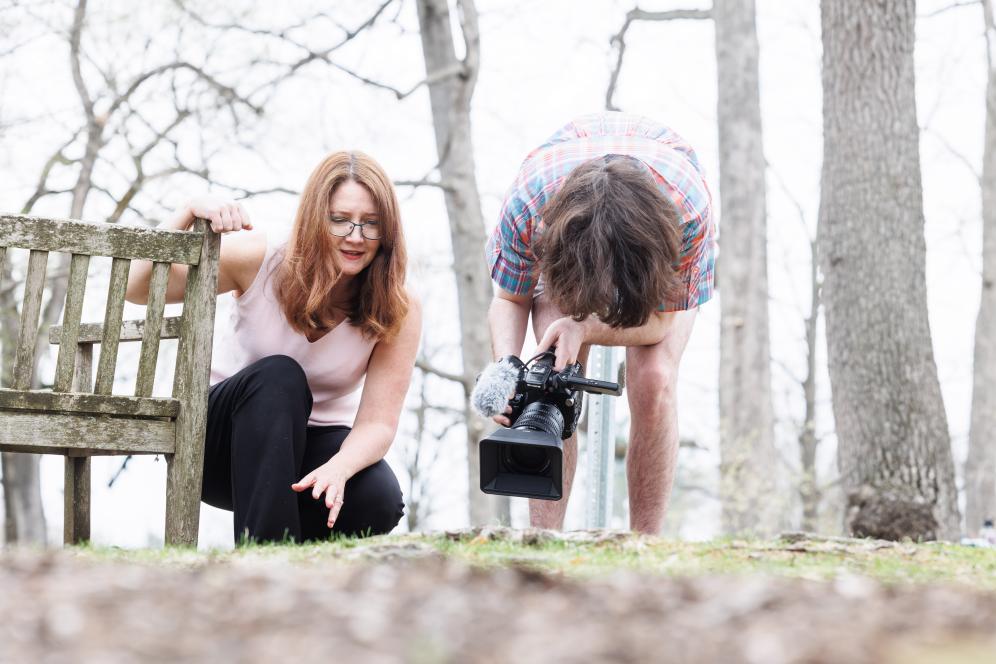
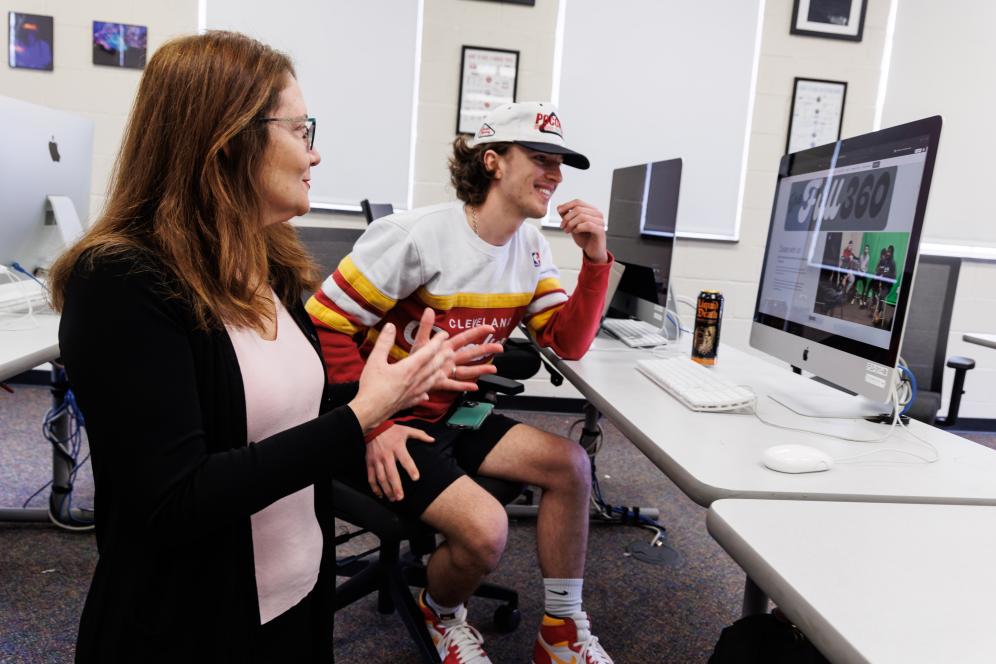
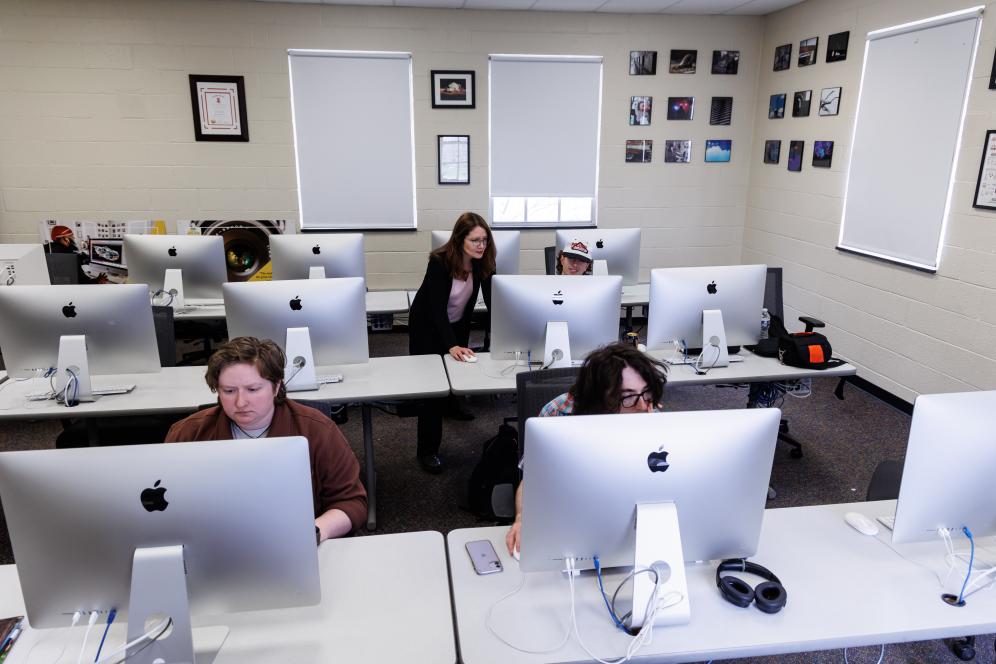
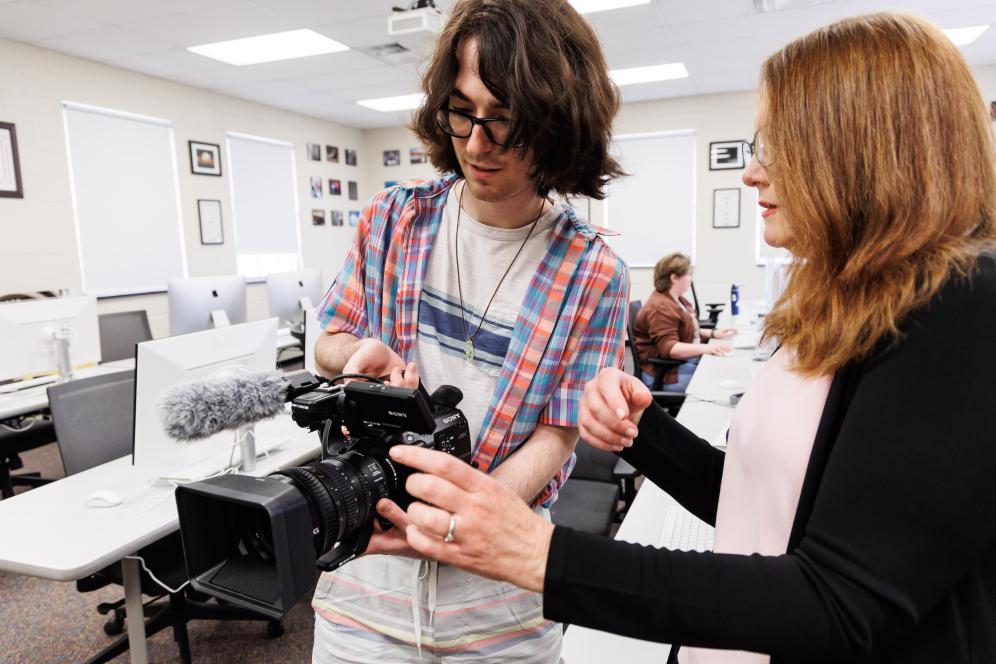
What initiatives or practices do you prioritize when mentoring your students at DelVal?
I really enjoy getting them out in the community covering events and doing real and practical work int their field. I still work in the industry and do some gigs and I’ll bring students out with me to photograph an event or cover an event for press. So if I’m on an assignment and I have the opportunity to bring a student out with me, I will because it’s great exposure and experience for them.
How do you harness the pillar of experiential learning and apply it in your everyday teaching?
There isn’t a lesson that I can’t tie to experience, and that’s really my approach. If I can’t give my students experience in what we are learning then I feel that I’m not doing my job. In this industry whether its journalism, reporting, photography, videography, or whatever, yes, you have to learn the mechanics and it is good to know the theory and the history, but none of that has any value to it until you experience it. So like I said, my students go out and cover a lot of different events. We’ve done photography at fashion week in New York, been to the B&H photo convention, we cover a lot of events on campus including Athletics games and graduation, and we cover events in Doylestown and locally around Bucks County.
About Marion Callahan
Marion Callahan is an assistant professor of media and communication. She continues to freelance for local news organizations, including The Bucks County Courier Times and other USA Today Network outlets in Pennsylvania. She also works as a photographer and media consultant for local nonprofits.